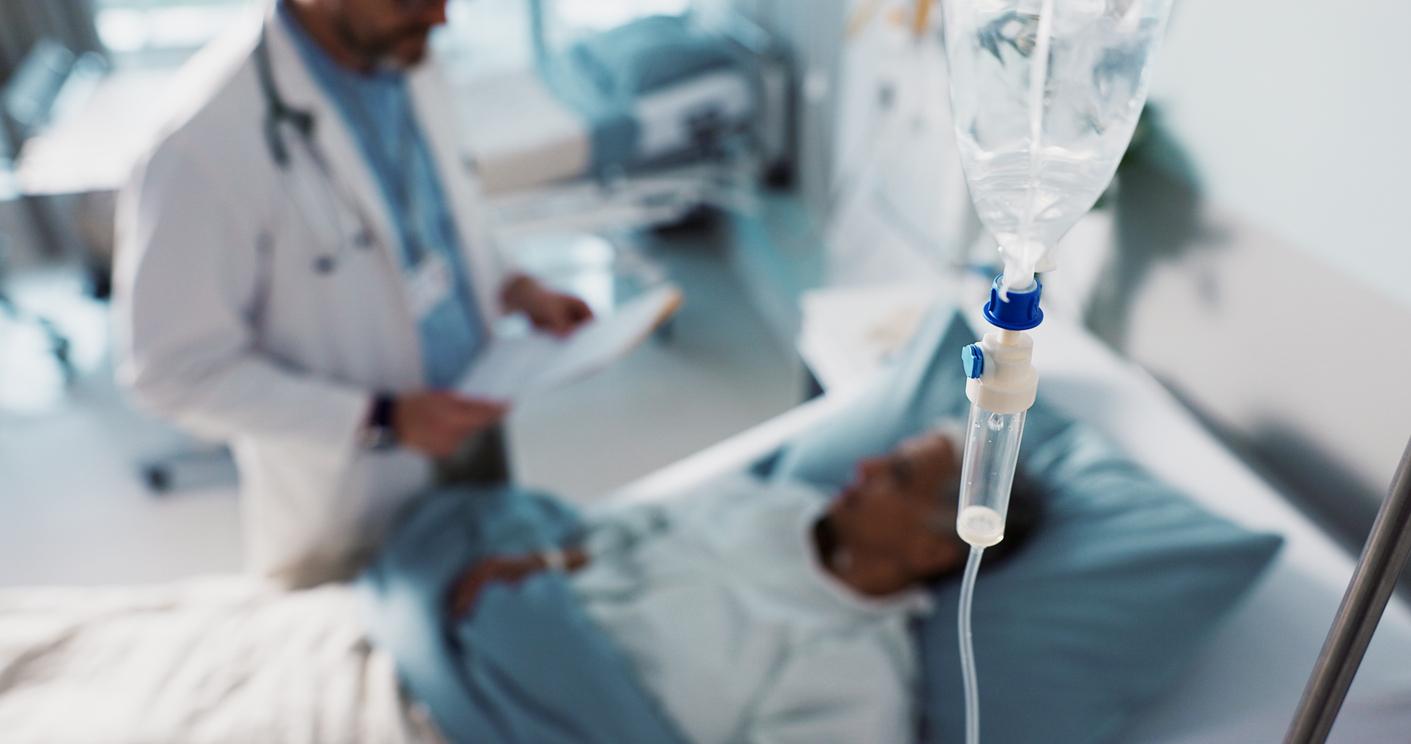If the “hangover” is not serious in itself, certain clinical symptoms can signal alcohol intoxication, and therefore a medical emergency. How to spot them?

- While hangovers often disappear on their own, certain serious symptoms can nevertheless “indicate alcohol poisoning, or a life-threatening emergency,” according to American researchers from the Mayo Clinic.
- Among the signs that should alert you: vomiting, convulsions, slow or irregular breathing, pale or blue-tinged skin, low body temperature, difficulty remaining conscious, or even fainting.
- Since 2017, Santé Publique France has recommended not consuming more than 10 glasses of alcohol per week, more than 2 glasses per day, and not drinking alcohol at least 2 days per week. In 2020, 23.7% of the population aged 18 to 75 exceeded these thresholds.
Evenings drenched in alcohol, appropriate for the end-of-year celebrations, often lead to the aftermath which puts a strain on the body. As unpleasant as they are, most of these “hangovers” disappear on their own during the day.
In a recent articleresearchers from the Mayo Clinicin the United States, point out, however, that the symptoms accompanying excessive alcohol consumption can, in certain cases, “indicate alcohol poisoning, or a medical emergency likely to be life-threatening.”
Vomiting, convulsions, paleness… spot the signs of alcohol poisoning
“Signs and symptoms of a hangover usually begin when your blood alcohol content drops significantly, reaching zero or near zero.”, that is to say rather the next morning, write the authors. On the menu of discomfort: nausea, headaches, a pasty tongue, exhaustion, muscle pain… So far, nothing surprising, it is our body which is struggling to fight against the effects of dehydration, inflammation, too much sugar in the blood, in short, alcohol poisoning.
On the other hand, the appearance of certain more serious symptoms should alert you to possible alcohol poisoning:
- vomiting;
- convulsions;
- slow (less than 8 per minute) or irregular (an interval of at least 10 seconds between each inspiration) breaths;
- pale or blue-tinted skin;
- low body temperature;
- difficulty remaining conscious;
- fainting.
“If you suspect someone is suffering from alcohol poisoning – even if you don’t see the typical signs and symptoms – call for help.”underline the experts.

Hangover: the first reflexes to have to recover from it
The Mayo Clinic lists several measures to ease the discomfort of a hangover. First of all, hydrate yourself: drink plenty of water, fruit juice if necessary, but above all no alcohol, which “would only make you feel worse”. Then, eat while avoiding too much fat: “Bland foods, such as toast, can raise your blood sugar and calm your stomach. Soup broth can help replace lost salt and potassium.” Furthermore, taking a painkiller will calm your headaches – but it is better to avoid paracetamol, because it is metabolized by the liver, already exhausted by alcohol abuse. Time and rest, finally, will do the rest.















